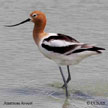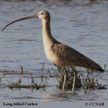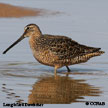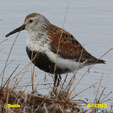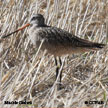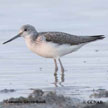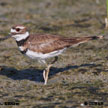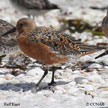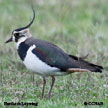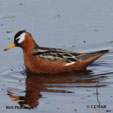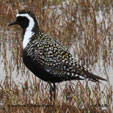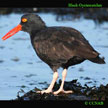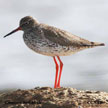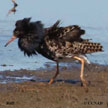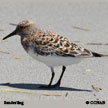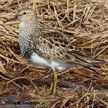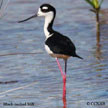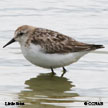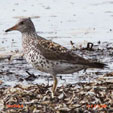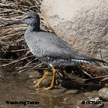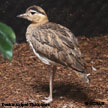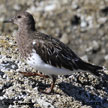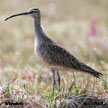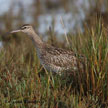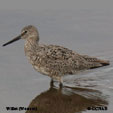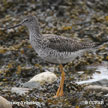North American Bird Search Box
This search box can be used to find bird species using bird's english, french or latin name, or to identify bird by its 4 letter Alpha Code
Field Guide for all the Birds of North America
Shorebirds
Oiseaux de rivage
Charadriidae, Haematopodidae, Jacanidae, Recurvirostridae & Scolopacidae
Information, images and range maps on over 1,000 birds of North America, including sub-species, vagrants, introduced birds and possibilities
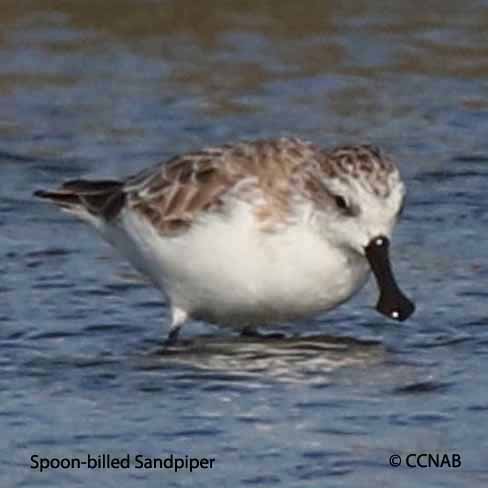 There are at least fifty types of shorebird
species in North America, not including vagrants. Vagrants are birds that were blown
off course during high winds or storms and others that just happen to drop in for a short visit. These birds vary in size,
ranging from the small 6" Least Sandpiper to the 24" Long-billed Curlew, which is the largest species in the shorebird families.
There are at least fifty types of shorebird
species in North America, not including vagrants. Vagrants are birds that were blown
off course during high winds or storms and others that just happen to drop in for a short visit. These birds vary in size,
ranging from the small 6" Least Sandpiper to the 24" Long-billed Curlew, which is the largest species in the shorebird families.
These birds are found throughout North America and most of them can be seen along the water's edge of our lands.
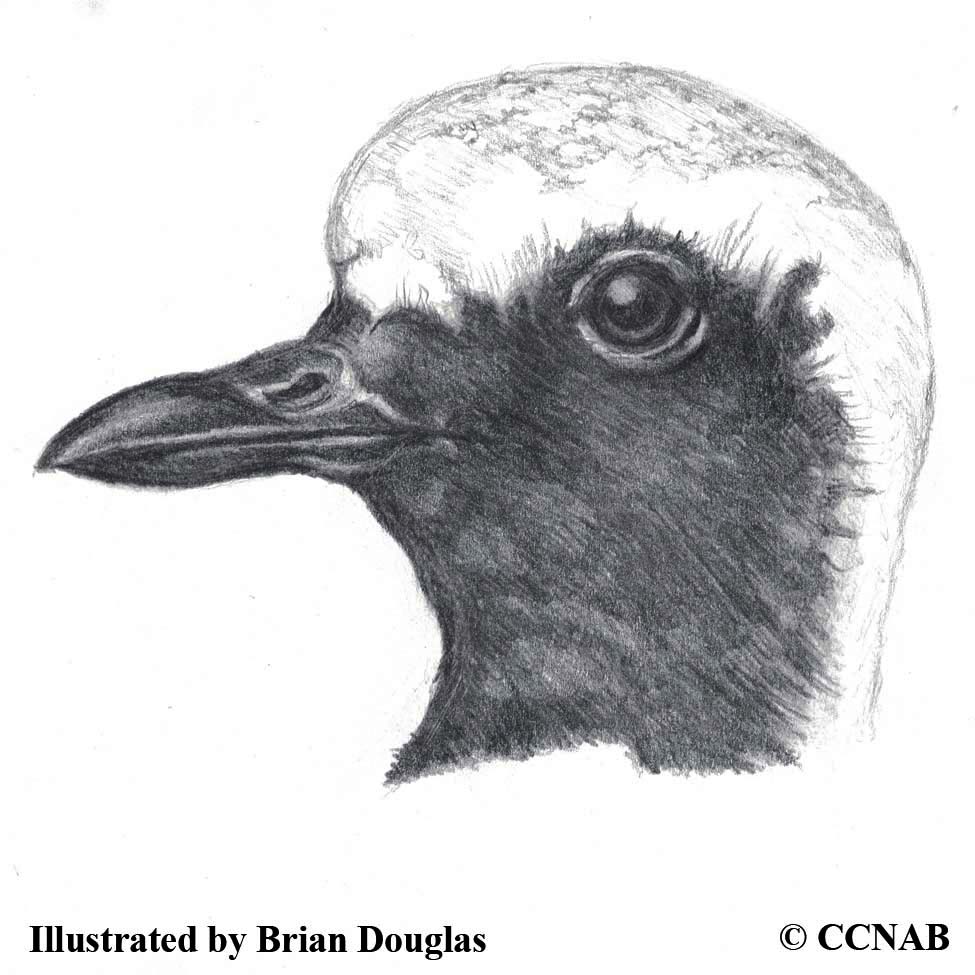 Some prefer salt water and can only be seen on the sandy and rocky coastlines of the oceans and mudflats,
while others may be found feeding in salt water and fresh water, depending on the season. Still, others may only
be found in pastures, such as the Upland Sandpiper.
Some prefer salt water and can only be seen on the sandy and rocky coastlines of the oceans and mudflats,
while others may be found feeding in salt water and fresh water, depending on the season. Still, others may only
be found in pastures, such as the Upland Sandpiper.
Shorebirds are among the most difficult birds to identify. Some species are quite similar to each other and their calls are the only true way to distinguish one from the other. Most of these birds will change from a colourful plumage in their breeding season to dull greys and browns in the fall and winter months.
North American Birds Videos
- Click here - Adult

Reference to Other Bird Site:
ABA - American Birding Association This site represents an organization that maintains official records of all birds species that have been proven to have been seen inside the perimeters of the North American Continent and the surrounding bodies of water. Regular revised versions are posted to keep the bird list current at all times. This is the list used by all serious birders over their lifetime. You may be aware of the movie called the "Big Year". It was with this list that all the competing birders used in an attempt to set a new record as to how many bird species that could be seen by an individual birder in one calendar year.
